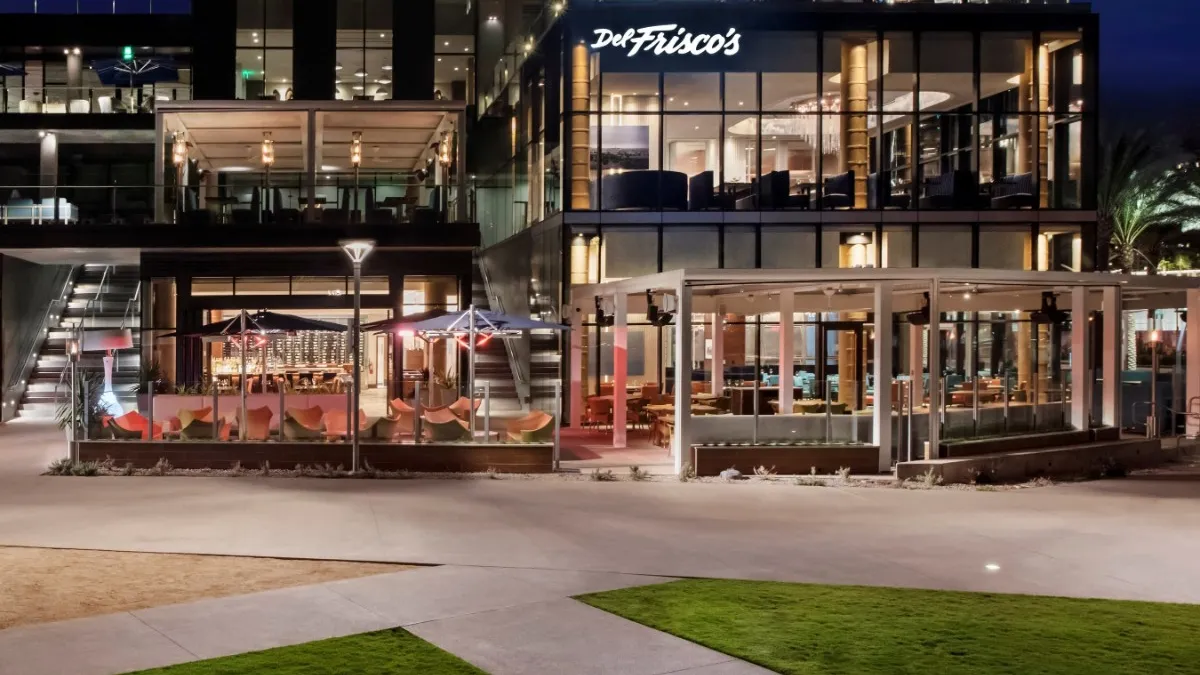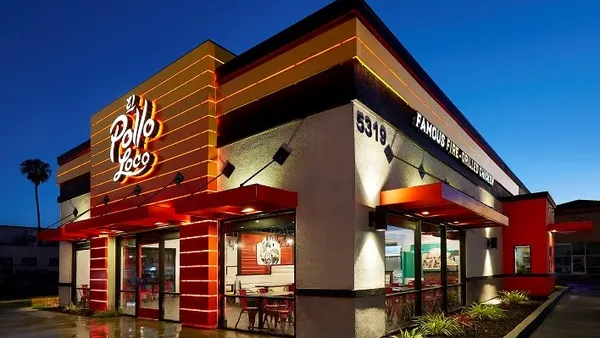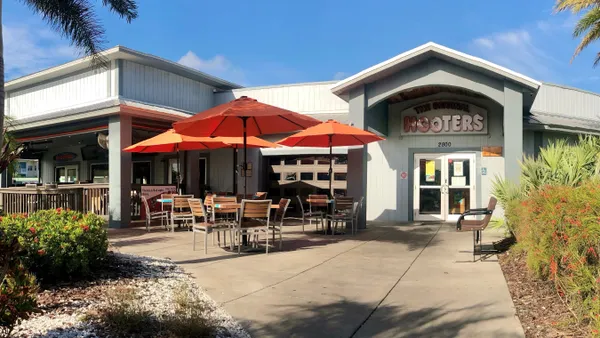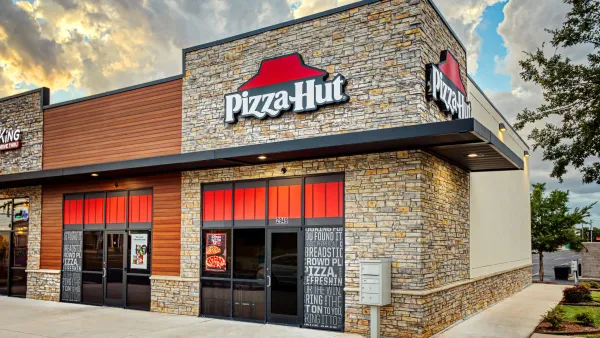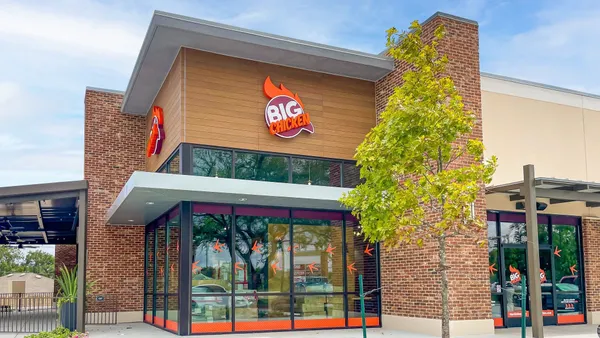Restaurant merger and acquisition activity proved fruitful this year, with over a dozen large deals completed and many more smaller deals leading to continued consolidation in the industry.
"Right along with the last decade, there has been very strong levels of activity," Josh Benn, managing director and global head of consumer, food, restaurant and retail M&A at Duff & Phelps, told Restaurant Dive.
With so many restaurant companies owned by private equity, there is a natural foundation for M&A activity, he said. Private equity firms typically hold assets for five to seven years. Additionally, strategic deals also picked up during 2019, he said. Those deals included Cracker Barrel investing $140 million in Punch Bowl Social and then later buying Maple Street Biscuit Company to expand its fast casual portfolio.
Restaurants were also active buyers during 2019 as they looked for scale and ways to leverage infrastructure and overhead to create more efficiency, Benn said. They are experiencing pressure from a traffic standpoint and growing labor costs, which is making it difficult to drive net income growth, and many are turning to acquisitions as top line growth drivers, he said.
Buyers are also focusing on trendy concepts when they acquire brands, such as The Cheesecake Factory's $353 million purchase of Fox Restaurant Concepts, Benn said. Other strategic buyers are acquiring premium brands and bringing them together to create scale, he said. That included Landry’s purchases of several like-minded steakhouse brands like Del Frisco's Double Eagle Steakhouse, Del Frisco's Grille and Houlihan's this year.
2019 was also marked by a number of restructuring deals, Benn said.
This manifested in a couple of different ways. Several restaurants declared bankruptcy to make themselves more attractive to buyers since it typically removes existing liabilities for an acquirer. A month after Perkins & Marie Callender's declared bankruptcy and restructured, Huddle House bought the rights to Perkins Restaurant & Bakery. Other struggling companies that were seeking sales went forward with new capital structures, instead, such as what Jack in the Box did with its securitization.
Several deals were held up during 2019, and Benn said he expects many of them to close eventually, which could make 2020 another active year. Next year, buyers could include new investors, ones that never held a restaurant asset and more family offices. But buyers are becoming a little bit more discerning, he said.
"Good differentiated concepts will still generate interest," Benn said.
Concepts with a strong entertainment and/or alcohol component, such as a unique cocktail, will generate a lot of interest, for example, since they offer experiences that can't be delivered to someone’s house, Benn said, adding that he expects beer gardens could also be highly attractive for the same reasons.
"I think the market is selective, but if you know what the market is looking for, you can figure it out and get deals done," he said.
Check out 10 of the most impactful deals that got done in 2019 below:



